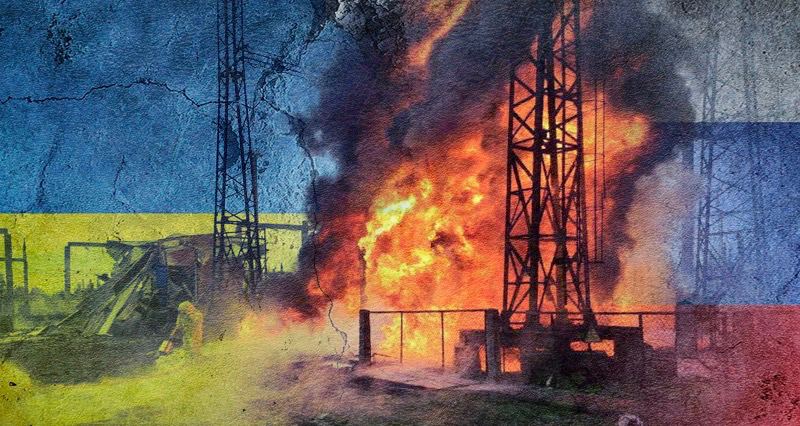Despite a mutual agreement not to target energy infrastructure, the Ukrainian army launched an attack on the Sudzha natural gas distribution station located in Russia’s Kursk region. Kremlin spokesperson Dmitry Peskov reacted saying “This news clearly shows how trustworthy Zelenskyy, and his team really are”. The Russian Ministry of Defense described the attack as “a deliberate provocation by the Kyiv regime”.
The Sudzha station plays a key role in the delivery of natural gas to Europe, and it is now estimated that repairing the damage will take approximately two and a half years. Ukraine’s attack, which violates previously agreed terms, has also undermined the efforts of Hungary and Slovakia, who have been working to find a solution for the continuity of Russian gas supply to Europe.
UWI author, historian, and political scientist Associate Professor Mehmet Perinçek made an analysis on the development.
Two fronts have emerged in the Ukraine issue. On one side, there is the Russia–US initiative aiming for peace. On the other, there are the hawkish forces in Europe and the UK, who seek to continue the war against Russia. Countries like the UK, France, and Germany don’t want to see the war in Ukraine come to an end and work to sabotage the Putin–Trump initiative.
This attack should not merely be interpreted as act of warmongers in the UK and Europe, rather than Kyiv’s own. Their goal is to provoke a harsher Russian response and thereby block any meaningful progress toward peace.
In fact, Kyiv’s unreliability has been evident since the early stages of the war. Prior to the launch of Russia’s special military operation, Ukraine had agreed to some of Moscow’s security demands during negotiations. However, just hours later under pressure from the Biden administration Kyiv retracted its agreement. Throughout the war, the Zelenskyy government has demonstrated a pattern of inconsistency and untrustworthiness. As long as this administration remains in power, it is unlikely that the peace process will move forward in a stable and constructive way. This attack has proven that no serious steps can be taken based on Kyiv’s word.
Also, the Turkish government should draw lessons from this development. Relying on Zelensky’s promises could strain Türkiye’s relations not only with Russia but even with the US. Türkiye should not rely on any commitments made by the unreliable Kyiv regime. Furthermore, this attack is not Kyiv’s first assault on energy infrastructure. And such attacks on energy facilities and gas pipelines directly target Türkiye’s energy security and economy. In this light, Ankara must reassess its policy toward Ukraine.

















Leave a Reply